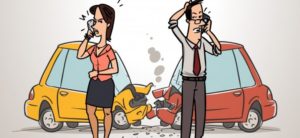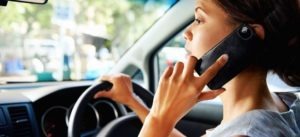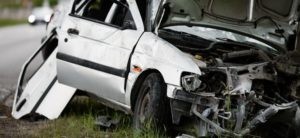Why Dashcam Footage Could Make or Break Your Car Accident Claim
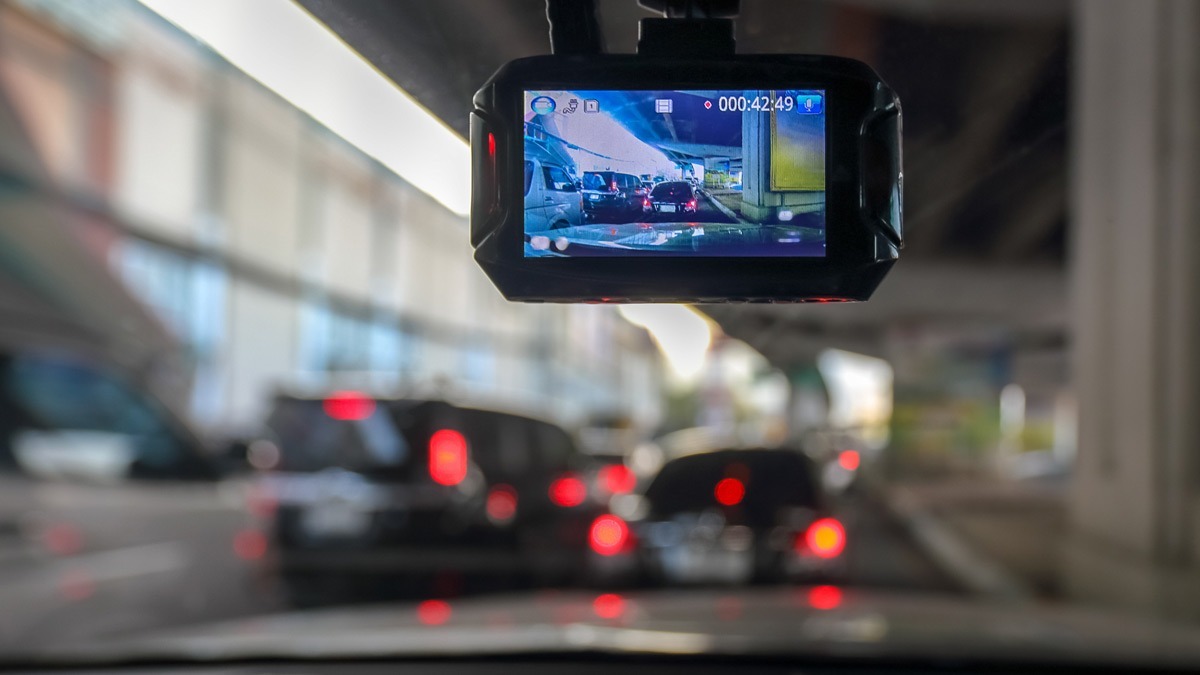
If you have been in a car accident in Nevada, you know how quickly confusion sets in. Traffic crashes happen in an instant, and memories fade almost just as fast. In many cases, it is your word against the other driver’s. But what if you had clear, timestamped video evidence showing exactly what happened?
More Nevada drivers are turning to dashboard cameras, or dashcams, to protect themselves on the road. These compact devices capture video footage from your windshield and can provide valuable documentation in the event of a crash. Whether you are involved in a minor fender-bender or a serious multi-vehicle accident, dashcam footage could be the difference between winning or losing your injury claim.
What Is a Dashcam and How Does It Work?
A dashcam is a small video camera that mounts to your windshield or dashboard and records footage of the road ahead. Some models also offer rear-facing or interior-facing cameras. Many dashcams start recording automatically when your car turns on and save footage to a memory card.
Features may include:
- Continuous loop recording
- Timestamp and GPS location tagging
- G-force sensors that trigger emergency recording after impact
- Night vision capabilities
- Wi-Fi for cloud uploads or mobile viewing
These features make dashcams useful tools for tracking exactly what happened before, during, and after a crash.
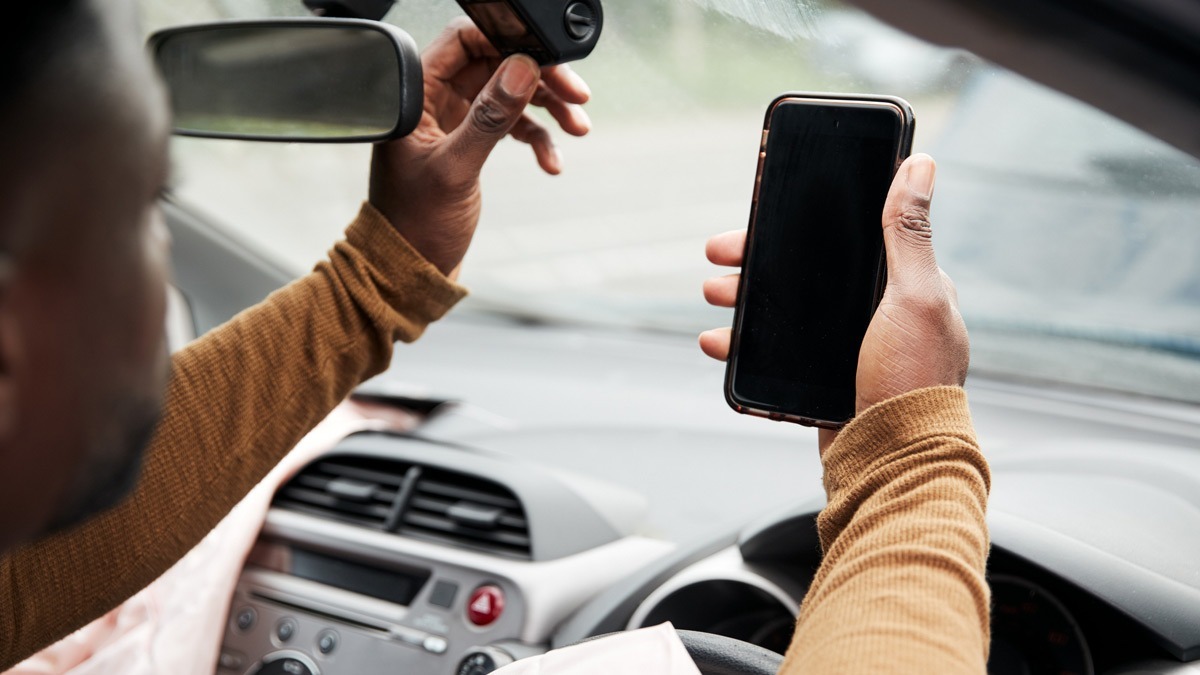
For a free legal consultation, call (725) 900-9000
Are Dashcams Legal in Nevada?
Yes, dashcams are legal in Nevada, as long as they do not obstruct your view. Nevada Revised Statutes (NRS) 484D.435 prohibits any nontransparent material from covering the windshield in a way that impairs the driver’s vision. Dashcams must be mounted in a position that does not interfere with visibility.
As of now, there are no state-specific restrictions on dashcam ownership or use, and video footage is generally admissible in Nevada courts if it meets standard evidentiary rules.
Why Dashcam Footage Matters in a Nevada Car Accident Claim
In a car accident claim, the person seeking compensation must prove that the other party acted negligently and caused the crash. Insurance companies and defense attorneys will often dispute your version of events, especially if fault is unclear.
Dashcam footage can:
- Show exactly how the accident occurred, including vehicle speeds, lane changes, and traffic signal compliance
- Disprove false statements from other drivers, passengers, or witnesses
- Capture road and weather conditions
Document behavior leading up to the crash, such as distracted or aggressive driving
Support your injury claim by showing the force of impact
Because Nevada is a modified comparative negligence state, dashcam evidence is especially important. If you are found to be 50 percent or more at fault, you cannot recover damages. If you are less than 50 percent responsible, your compensation might be reduced in proportion to your fault.
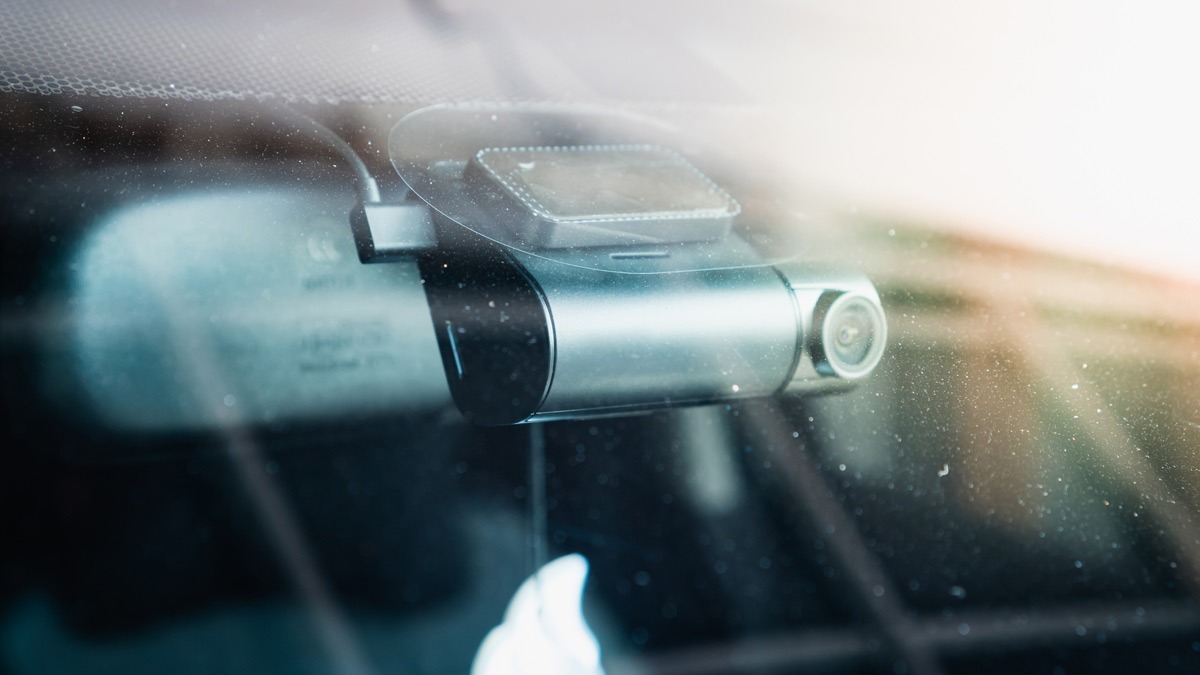
Dashcam video can help you avoid being wrongly assigned a large share of the blame.
Click to contact our personal injury lawyers today
When Dashcam Footage Helps the Most
Dashcam footage can be especially helpful in the following scenarios:
Disputed Red Light or Stop Sign Crashes
When both drivers claim to have had the right of way, video can settle the dispute instantly.
Rear-End Collisions
Although rear drivers are usually presumed at fault, dashcam footage can show if the lead driver made a sudden stop, reversed, or failed to signal.
Hit-and-Run Accidents
A dashcam may capture the license plate or vehicle description of the fleeing driver, which is crucial if they are never identified.
Road Rage and Reckless Driving
Footage can provide evidence of erratic lane changes, tailgating, brake-checking, or other unsafe behavior.
Pedestrian or Bicycle Collisions
Dashcams may capture the exact position of the pedestrian or cyclist at the time of impact, including crosswalk usage and light signals.
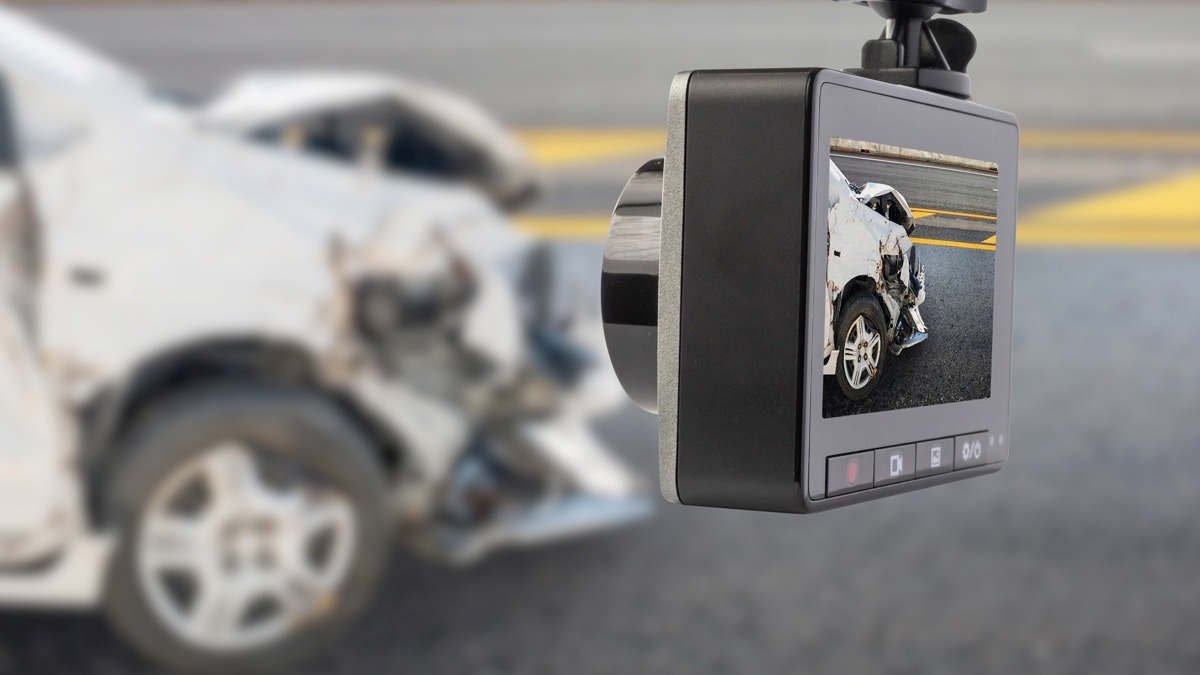
Complete a Free Case Evaluation form now
Can Dashcam Footage Be Used in Court?
Yes, in most cases dashcam footage is admissible in Nevada personal injury cases if it is relevant, authentic, and not tampered with.
To be admitted, the footage must:
- Be clearly attributable to your vehicle
- Be original or an exact digital copy
- Be continuous and not edited or altered
- Include date and time stamps, if available
Your attorney can help authenticate the footage, preserve the digital file correctly, and submit it as part of your evidence package.
What Are the Limitations of Dashcams?
While dashcam footage is powerful, it is not a perfect solution in every case. Limitations include:
- Restricted field of view: Most dashcams only record what is in front of the vehicle.
- Poor lighting or weather conditions: Nighttime footage or heavy rain can reduce clarity.
- Data loss: Footage can be overwritten if not saved quickly after the crash.
- Privacy concerns: In some instances, dashcam audio may raise legal issues if it records conversations without consent.
Despite these limitations, having a dashcam is often better than relying solely on memory or third-party accounts.
What Should You Do with Dashcam Footage After an Accident?
If you were involved in a crash and your dashcam recorded it, take the following steps:
- Save and back up the footage immediately. Use cloud storage or copy the file to multiple devices.
- Do not post the video online. This could harm your legal case or expose you to defamation claims.
- Provide a copy to your attorney. Let your legal team evaluate the footage before sharing it with insurers.
- Note the time and date. Make sure metadata is intact to support authenticity.
Failing to preserve dashcam footage may hurt your chances of proving fault or recovering damages.
Should You Invest in a Dashcam?
Given how valuable dashcam footage can be in protecting your rights, many attorneys strongly recommend installing one. A high-quality dashcam typically costs between $50 and $200 and can provide peace of mind every time you drive.
If you drive frequently in high-traffic areas such as Las Vegas, Henderson, or Reno, where accident rates are higher, a dashcam is an especially smart investment.
How Van Law Firm Can Help You Use Dashcam Footage in Your Claim
At Van Law Firm, we know how to leverage dashcam evidence to strengthen your case. Whether you are filing a claim with your insurance provider or pursuing a personal injury lawsuit, our legal team can help you:
- Authenticate and preserve footage
- Coordinate with accident reconstruction experts
- Prevent insurers from misinterpreting the video
- Maximize your potential compensation
We have successfully handled hundreds of Nevada car accident claims and understand how to use every piece of evidence to your advantage.
Call Van Law Firm Today
If you were injured in a car accident and have dashcam footage that might help your case, do not delay. Time is critical, and evidence can be lost or overlooked.
Contact Van Law Firm today at (725) 266-7578 for a free, no-obligation consultation. Let our experienced Nevada car accident attorneys review your footage and help you fight for the compensation you deserve.
No obligation consultations are always free.
Let Us Help You! Call Now: (725) 900-9000